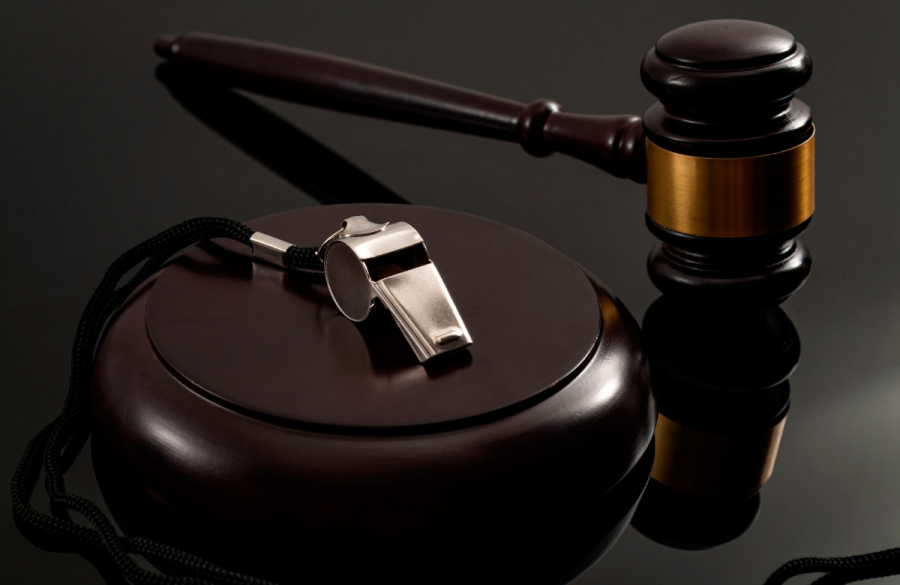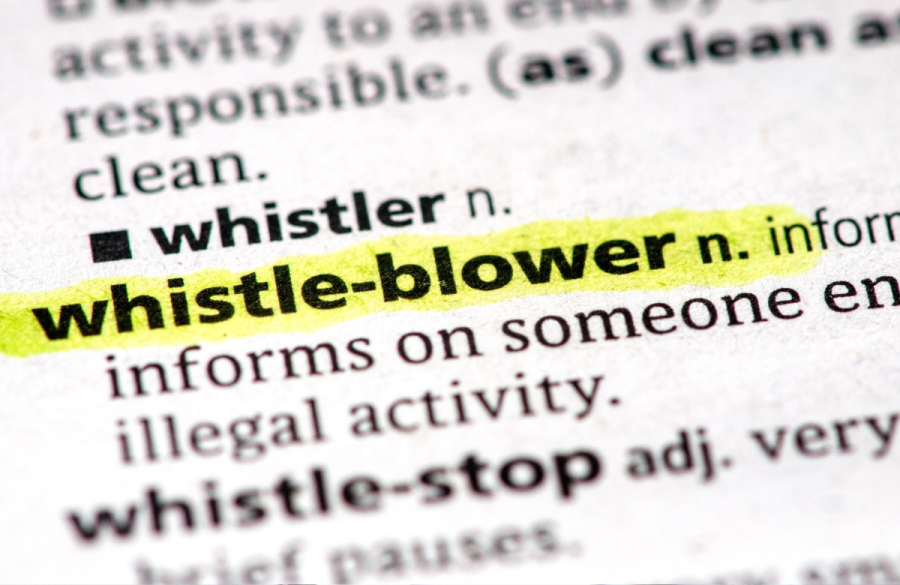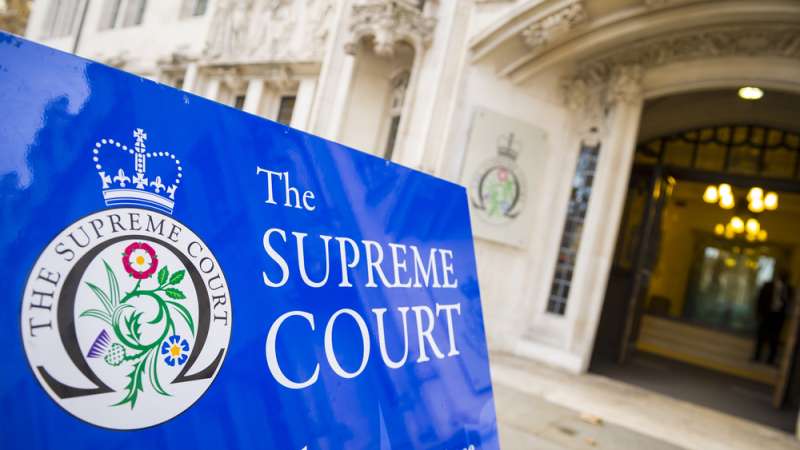
The return of ITV’s Malpractice for a second season has gripped viewers once again with its tense, emotionally charged portrayal of life inside a pressured NHS hospital.
This time, the spotlight turns sharply onto whistleblowing, as a medical professional finds themselves under investigation after raising serious concerns about patient safety and institutional failings.
While the storyline is fictional, it resonates deeply with real-world challenges faced by healthcare workers and employees across regulated sectors. The fear of retaliation, whether through dismissal or detriment ,often leaves individuals feeling trapped when they witness wrongdoing at work.
However, the law does offer protections for those who speak out in the public interest. Whistleblowing is a legally defined act with safeguards under employment law.
In this article, our Personal Employment Lawyers explore the legal protection afforded to whistleblowers.












